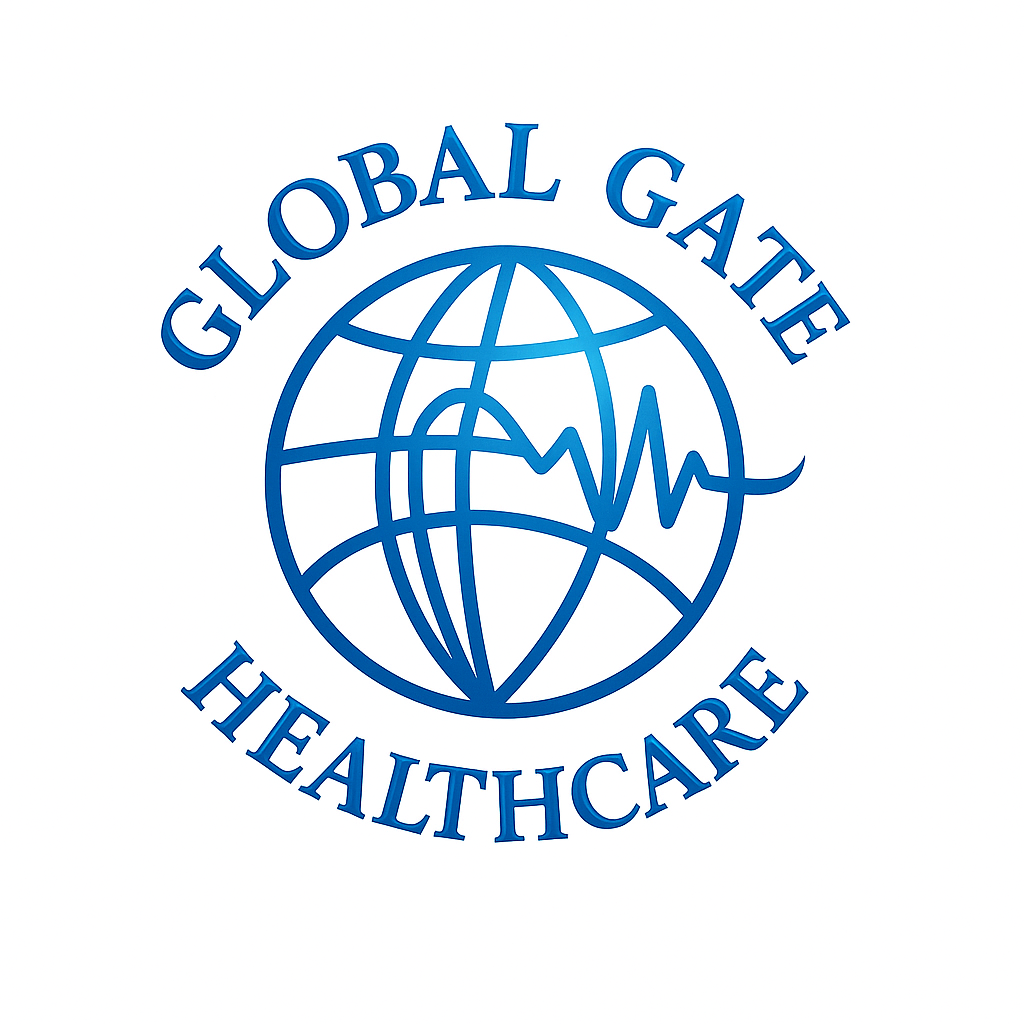Resources

What is the NCLEX?
The National Council Licensure Examination (NCLEX) is a nationwide examination for the licensing of nurses in the United States.
The NCLEX tests the knowledge, skills, and abilities essential for the safe and effective practice of nursing at the entry level.
It’s designed to test the application and analysis of knowledge, rather than just recall of facts.
Format
85–150 adaptive questions that adjust to your ability level
Duration
Up to 5 hours to complete the examination
Testing
Available worldwide via Pearson VUE testing centers
Retakes
Allowed after 45 days if needed (up to 8 times per year)
Tools We Offer
Comprehensive resources to ensure your NCLEX success
UWorld Access
Full access to UWorld's question bank with detailed rationales.
Live Classes
Interactive live sessions with expert instructors.
Recorded Sessions
24/7 access to recorded lectures.
Mock Exams
Realistic practice exams that simulate NCLEX.
States with No SSN Requirement
Several U.S. states allow nurses to apply for licensure without a Social Security Number (SSN)
| State | Requirements | Processing Time | Additional Notes |
|---|---|---|---|
| New York | Affidavit stating you don't have SSN | 4-6 weeks | High demand for nurses |
| New Mexico | SSN waiver form | 2-4 weeks | Rural nursing opportunities |
| Texas | Declaration of no SSN | 4-6 weeks | Large healthcare systems |
| California | ITIN accepted | 8-12 weeks | Highest nursing salaries |
NCLEX Content Areas
Understanding what you'll be tested on
Safe and Effective Care Environment
Management of Care (17-23% of questions)
- Advance Directives
- Advocacy
- Case Management
- Client Rights
- Collaboration with Interdisciplinary Team
Safety and Infection Control (9-15% of questions)
- Accident Prevention
- Error Prevention
- Handling Hazardous Materials
- Standard Precautions
Health Promotion and Maintenance
6-12% of questions
- Aging Process
- Developmental Stages
- Health Promotion Programs
- Health Screening
- Lifestyle Choices
Psychosocial Integrity
6-12% of questions
- Behavioral Management
- Coping Mechanisms
- Crisis Intervention
- Mental Health Concepts
Physiological Integrity
Basic Care and Comfort (6-12% of questions)
- Assistive Devices
- Nutrition and Oral Hydration
- Personal Hygiene
Pharmacological and Parenteral Therapies (12-18% of questions)
- Adverse Effects/Contraindications
- Medication Administration
- Parenteral/Intravenous Therapies
Reduction of Risk Potential (9-15% of questions)
- Diagnostic Tests
- Laboratory Values
- Potential for Complications
Physiological Adaptation (11-17% of questions)
- Alterations in Body Systems
- Fluid and Electrolyte Imbalances
- Medical Emergencies
Free Study Resources
Helpful materials to kickstart your NCLEX preparation
Ready to start your NCLEX preparation?
Join our program and get access to all these resources and personalized support.
Register Now